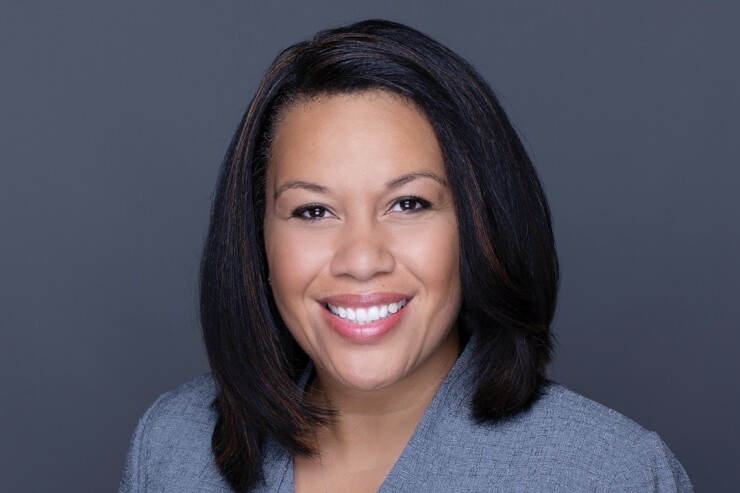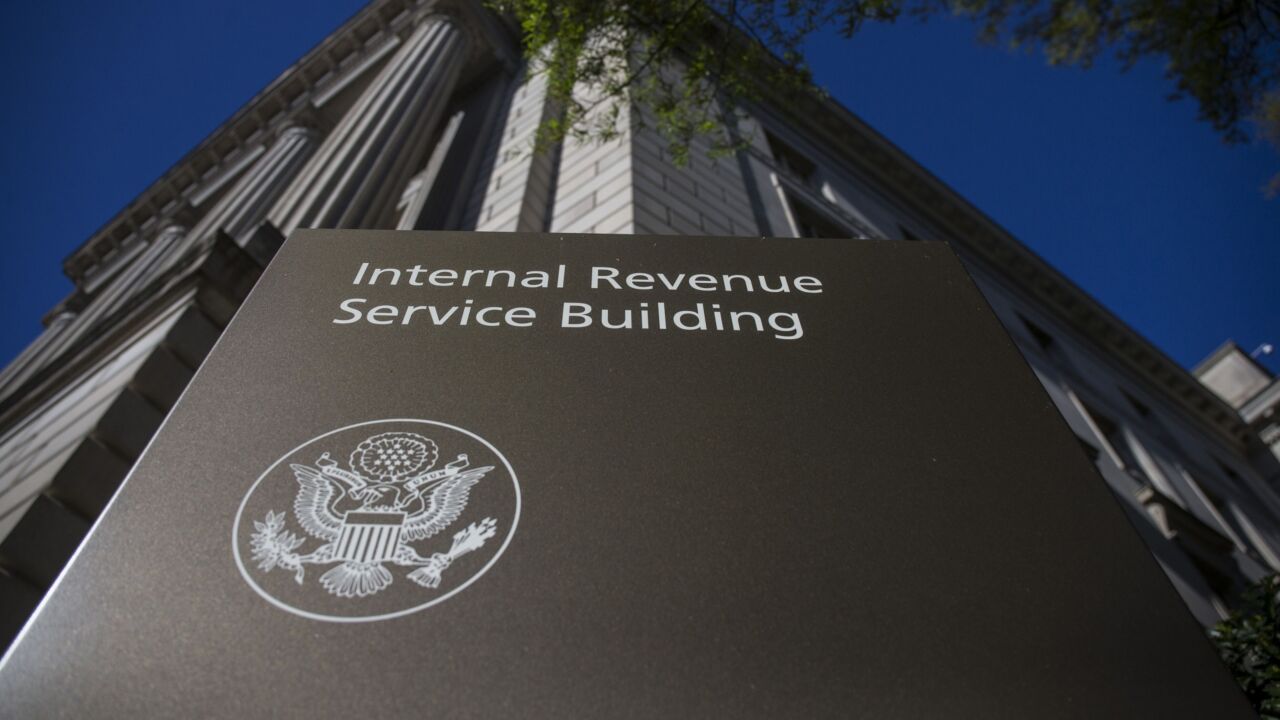
Tanya Sanders brings an engineer's approach to the way she runs Wells Fargo's auto division.
Sanders, who studied mechanical engineering in college, began her career designing gas turbine and power plants at General Electric. She later shifted into finance at GE Capital, which had a large consumer lending portfolio at the time.
Sanders' love of math and problem-solving has been an asset throughout her career. At Wells Fargo, for example, she has tapped into those skills while overseeing upgrades to the bank's digital platforms for auto dealers and consumers.
The work is all part of an effort to improve the bank's internal processes and make it as "fast as possible" for consumers to get the keys to the car once they apply for financing at a dealership, Sanders said.
During the pandemic, Wells Fargo embraced digital tools, such as e-signatures, in order to make it easier for dealers and car shoppers to close a deal without having to meet in person. It also upgraded its online tools so customers would have a more "seamless" experience within the broader Wells Fargo app, Sanders said.
"We've taken a pretty significant leap forward," said Sanders, who's been head of Wells Fargo Auto since 2021.
Sanders joined the San Francisco-based bank in 2019 after stints at JPMorgan Chase and Bank of America. Before being tapped as the head of Wells Fargo's auto division, she was head of its auto transformation team, where she led the bank's push toward improving its digital capabilities and increasing the use of automation to process auto loans faster.
The work is continuing, as Wells Fargo aims for a "more sophisticated and more analytical" business that provides consumers and dealers with new solutions, Sanders said.
But the transformation also involves fixing the massive system shortcomings at the bank that the Consumer Financial Protection Bureau
The agency said Wells Fargo incorrectly applied some borrowers' auto loan payments, unlawfully repossessed vehicles and neglected to give borrowers refunds for add-on fees that they were entitled to if an auto loan was paid off early. The CFPB order also covered other parts of Wells Fargo's consumer business, which the agency said illegally charged overdraft fees, improperly denied mortgage modifications and wrongfully froze some accounts.
Sanders declined to comment directly on the CFPB's action, but she said her division's top priority is improving its risk and control systems and fixing regulators' concerns. Separately, Wells Fargo has said it has made significant progress in its overhaul and that the resolution of those issues are a key milestone.
The auto division's digital initiatives will help the bank achieve its goals, Sanders said, as the group looks to "simplify and create more consistent processes."
"We've still got work ahead of us," Sanders said. "But I think all of the investment that we're doing, and the transformation work that we're putting into this business, helps to solve a lot of the legacy issues that have been highlighted."
Overall, Sanders said Wells Fargo continues to see healthy demand from consumers for auto loans. Although the market is somewhat slowing as higher interest rates and prices prompt some consumers to wait, Sanders said, there is still pent-up demand for cars that were in short supply during the pandemic, and there are older cars that need to be replaced.
"The reality is that we've got an aged fleet out in the market, and customers are still looking for replacement vehicles," Sanders said.





